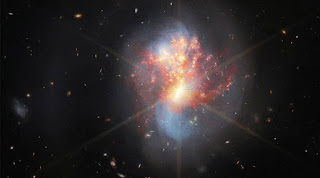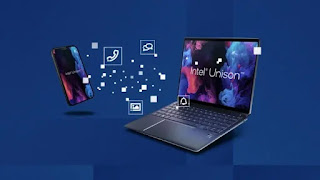1st Edition of International Young Scientist Awards

Government falling 'far short' on environmental targets Government efforts to improve England's environment and to protect the natural world are falling "far short" of what is needed, a watchdog has warned. A report by the independent Office for Environmental Protection (OEP) also says the country is facing a "deeply concerning decline in biodiversity". It found many of the government's 23 environmental targets were at significant risk of not being achieved. The government said it would consider the report carefully. The study assessed 32 environmental areas - from species numbers to air and water quality improvements - and found nine trends were improving, 11 were static, and eight were deteriorating. In four areas, there was not enough data to make a reliable assessment. "The situation is poor across the board, with adverse trends across marine, freshwater and terrestrial environments," it said. Of the 23 environmental targets it look...

